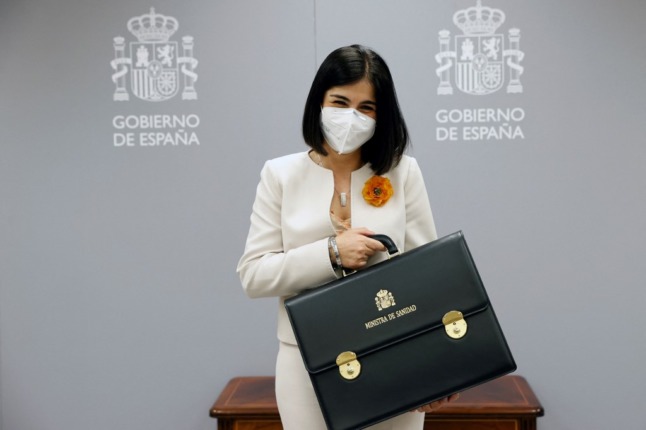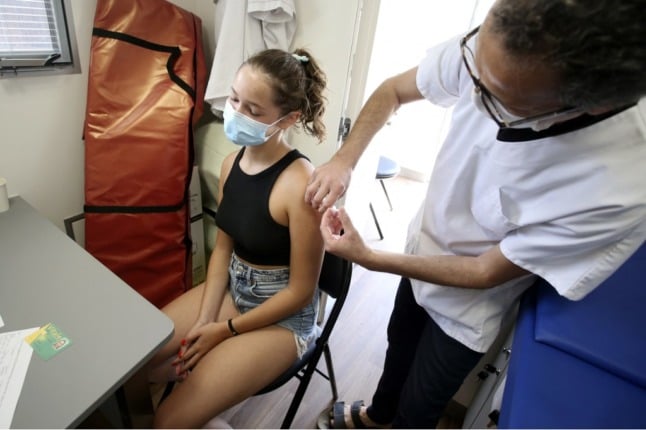Spanish Health Minister Carolina Darias believes 2021 won’t mark the end of Covid-19 vaccinations in the country.
When asked on Friday morning on Spanish radio station Onda Cero if it would be necessary to carry on vaccinating past the two doses, she responded that “everything pointed” to a third vaccine and potentially one every year.
“Everything seems to indicate that it will be necessary to have a third vaccine… “or booster, as it is called,” Darias explained.
“In fact, Spain has already signed a contract with Pfizer and Moderna for the delivery of vaccines in 2022 and 2023,” deals worth €4 billion.
Darias added that “what has to be determined is when”, referring to when this third, and potentially future vaccinations, would be administered.
Spain has fully vaccinated 53 percent of its population up to now, reaching its target of 25 million doses administered in July and with the objective of herd immunity for late August still in sight.
However, the country’s fortnightly infection rate has skyrocketed to 661 cases per 100,000 people in a month, and the rate is three times that among largely unvaccinated people in their twenties.
 Spain’s Health Minister Carolina Darias poses during her handover ceremony in January. Photo: Chema Moya/POOL/AFP)
Spain’s Health Minister Carolina Darias poses during her handover ceremony in January. Photo: Chema Moya/POOL/AFP)
“Once we get to the target of 70 percent vaccinated, we need to carry on vaccinating people until we get as close as possible to 100 percent of the population,” Darias expressed.
“We need to vaccinate the whole of humanity because nobody will be safe until we all are, hence why our government has committed to donating 22.5 million doses, 7 million to Latin America.”
Spain’s Health Minister admitted that vaccines for young children remained a “controversial” subject for the public, even though inoculations in over 12s have been approved by the European Medicines Agency and Spain has followed suit.
“It’s true that young children are generally not transferrers of the virus but if we want to achieve full immunity we should be able to vaccinate them.
“We’ll broach the subject calmly and use scientific evidence,” the minister, originally from the island of Gran Canaria, told Onda Cero.
READ ALSO:



 Please whitelist us to continue reading.
Please whitelist us to continue reading.
Member comments